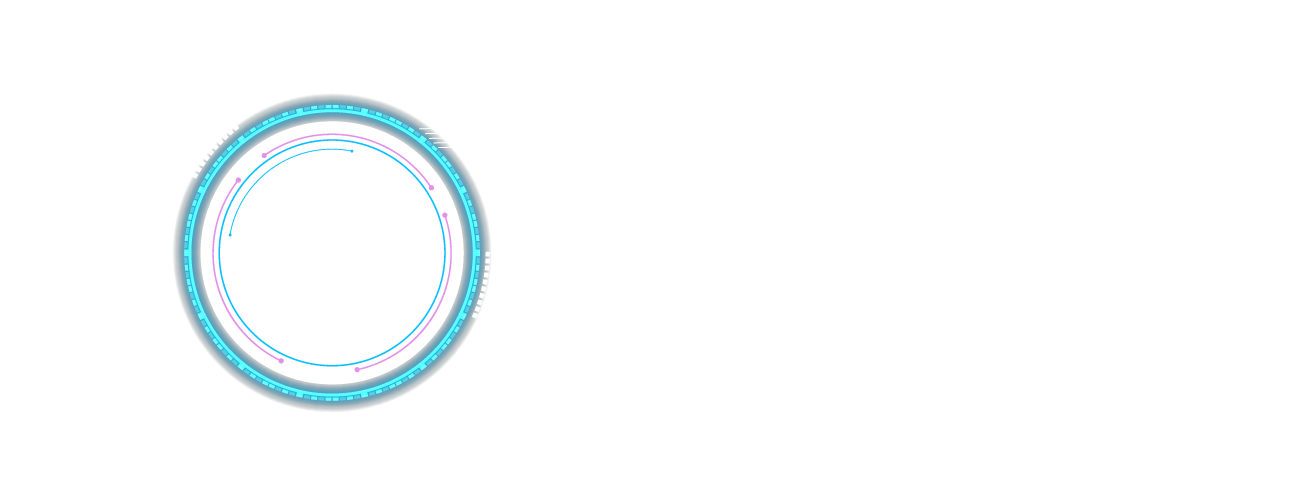
Cryptocurrency has steadily gained significant footing in South Africa reflecting global trends and with an increasing number of people exploring this digital asset class. The cryptocurrency market in South Africa is notable for its substantial trading volumes and extreme volatility. Growing public interest and trust in digital currencies is indicated by local exchanges reporting higher transaction volumes and user registration rates, making the country one of the most adoptive nations. Factors contributing to this trend include a strong tech-savvy population, high access to mobile phone usage, and a desire to hedge against currency volatility and economic instability.
Cryptocurrency in South Africa is at a pivotal point, experiencing strong growth while facing the necessity for clearer regulations and enhanced security protocols. Notwithstanding these obstacles, South Africa remains ready to make a significant impact on the global cryptocurrency market. Cryptocurrencies in South Africa are used for various purposes, and it is essential for anyone interested in this field to understand the fundamental terms and expressions, such as:
1. Crypto Asset – refers to a digital representation of perceived value that is not issued by a central bank, however, can be traded or transferred electronically within a community of users of the internet who consider it as a medium of exchange, unit of account or store of value and use it for payment or investment purposes.
2. Crypto Asset Service Provider (“CASP”) – An institution who renders financial advisory and/or intermediary services in respect of crypto assets and are required to apply for a licence with the FSCA under the FAIS Act and register as an accountable institution in accordance with the FIC Act.
3. Custodial and Non-custodial wallet services – Custodial services offered by a CASP receive and hold financial products or funds of or on behalf a client. Non-custodial services by a CASP does not hold or control the client’s crypto assets or funds and the client, through a wallet/digital has full and exclusive control to store and manage his/her crypto asset.
4. Crypto-to-fiat & Crypto-to-crypto conversion – Services by a CASP enabling clients to convert and offer fiat (Rand) for a crypto asset and vice-versa, as well as converting and offering one crypto asset for another crypto asset.
5. Blockchain – A blockchain is a decentralized ledger that records all transactions across a network of computers. This technology underpins cryptocurrencies and is notable for its transparency and security.
6. Decentralization – In blockchain, decentralization refers to the transfer of control and decision-making from a centralized entity (individual, organization, or group thereof) to a distributed network. Decentralized networks aim to reduce the level of trust that participants must place in one another and prevent their ability to exercise authority or control over one another in ways that degrade the functionality of the network.
7. Crypto Exchange – A platform (website or app) where users can buy, sell, and trade cryptocurrencies.
8. Smart Contract – A smart contract is a self-executing digital agreement with the terms directly written into code, i.e. signed and stored on a blockchain network, which executes automatically when the contract’s T’s & C’s are met. Ethereum popularized this concept, and in South Africa, smart contracts are being explored for legal agreements, real estate transactions, and more. Smart contracts leave no room for tampering or forgery, as the computer code on the blockchain is fixed and cannot be altered, once the code is written and the contract is deployed, it can only execute the agreement as it was coded.
9. Tokenization – The process of digitizing real-world assets through the creation of tokens that reference real-world assets, thus creating digital representation and ownership of real-world assets on-chain.
The cryptocurrency landscape in South Africa is evolving, as more individuals and businesses are engaging with digital currencies. As adoption increases, staying informed about the latest developments and regulatory changes will be crucial for South Africans interested in cryptocurrencies. The regulatory bodies proactive stance on regulation is expected to advance a safer and more stable environment for cryptocurrency activities. Innovations in blockchain technology and increased financial literacy among the population are likely to further drive implementation, and by addressing regulatory and security issues, South Africa can leverage the benefits of cryptocurrency to boost economic growth and financial inclusion.
Share This Post
MORE INSIGHTS

Common Notarial Acts in South Africa
In South Africa, notarial acts play a crucial role in ensuring the legality and authenticity of various documents and transactions. These acts are performed by a notary public, a specially qualified attorney authorized to carry out specific duties. Below are some of the most common notarial acts in South Africa:

Unlock corporate success
Shareholder Agreements and Key Points to Consider In South Africa, shareholder agreements are crucial for corporate governance and are essential legally binding document/contract that regulate the relationships between shareholders ensuring the company is run efficiently and effectively in a transparent and accountable manner. Governed by the Companies Act of 2008,

South Africa’s corporate law revolution: Essential insights for businesses on the 2008 companies act!
Corporate law in South Africa oversees the formation, operation, and dissolution of companies. It aims to provide a legal framework that supports business activities while ensuring accountability and protecting the interest of shareholders. The primary legislation governing corporate law in South Africa is the Companies Act 71 of 2008, including
